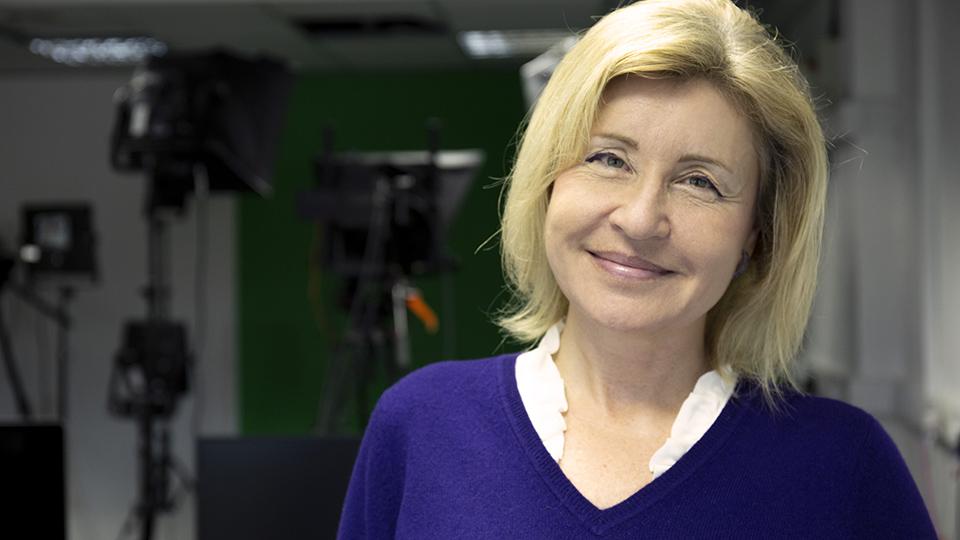AI to design cancer treatment drug combinations
Primary page content
Cancer patients could be prescribed more effective chemotherapy drug combinations thanks to a new Artificial Intelligence system in development at Goldsmiths, University of London.

Dr Larisa Soldatova, Department of Computing
Dr Larisa Soldatova has been awarded £476,570 by the EPSRC to lead the ACTION on cancer project at Goldsmiths and create AI which supports clinicians in deciding the most rational personalised cancer treatment.
The project is in partnership with the University of Manchester and has a funding total of £1,378,273.
Given initial information about a cancer, ACTION will extract all the relevant knowledge it can find about that cancer from existing databases and computational models showing how cancer cells process information.
ACTION will rationally integrate this knowledge, and infer what extra knowledge is required to make the best decision on how to treat the cancer. It could then automatically execute custom-designed experiments using laboratory robotics to determine the missing information.
Finally, using all the knowledge it has gathered, ACTION will decide on the best chemotherapy “drug cocktail” to use.
In this way, the system will automate both the intellectual decisions involved in deciding state-of-the-art cancer treatment for individual patients, and the biomedical experiments required to reduce uncertainty in that decision making.
Everyone's cells are different, and there are many different ways that cells can malfunction in the way they process information, and cause cancer. As a result, it is not possible to design a single treatment for cancer, or even for a sub-type of cancer such as breast cancer. Instead what is needed are personalised treatments tailored to each patient's cancer. Personalised treatment is expensive, requires experimentation, and can be prone to human error.
Dr Soldatova, Reader in Data Science, said: “The ultimate goal of cancer therapy is to find drug combinations that together are highly potent but also non-toxic. This is a formidable technical problem, given the huge number of drugs available and the combinatorial explosion of possibilities. Heterogeneous tumours can also have poorly characterised cellular circuitry i.e. cancer cells within the same tumour can have different characters or profiles.
“With ACTION we aim to create a prototype system that will perform equal or better than human physicians. We are convinced that in the future AI systems will surely learn to make better treatment decisions than clinicians, just as surely as they now defeat the greatest human chess grandmasters.”
The ACTION on cancer project began in 2018 and will run until 2022.
Initial testing of a prototype system will take place on different types of cancer cells grown in the laboratory, and if successful will be tested with patients.